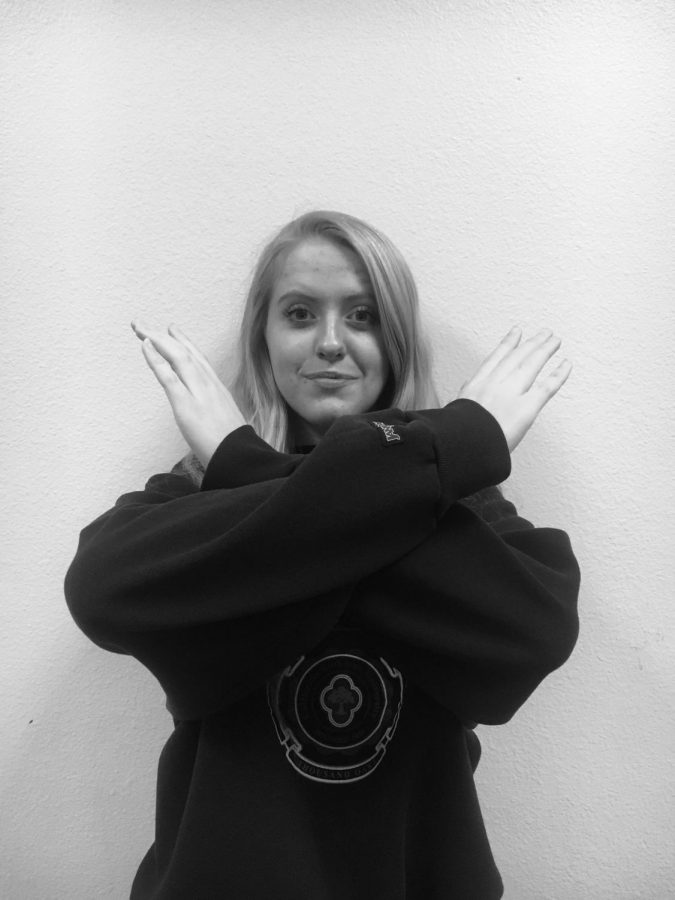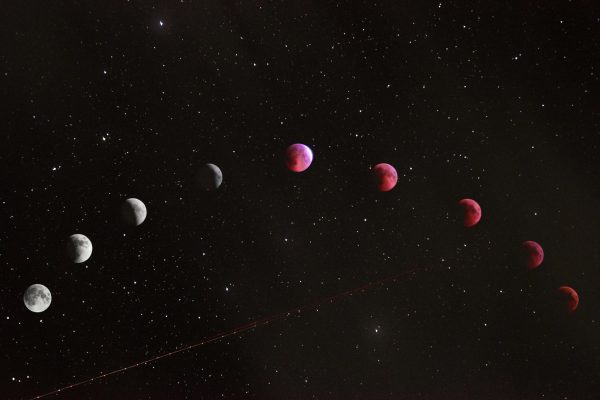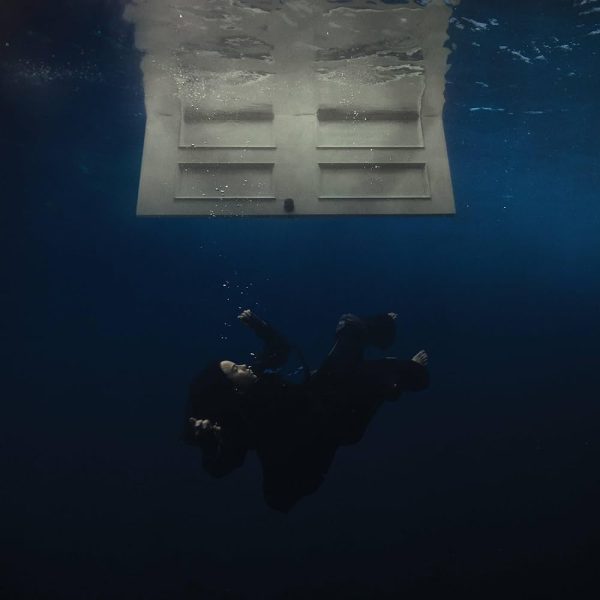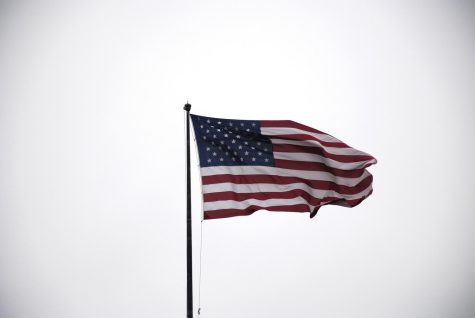Cancelling Cancel Culture
Why “cancel culture” needs to be put six feet under, immediately!
The term “cancel culture” may be new, but the human impulses are the same as they’ve always been. We search for the misdeeds of others, because it offers us a perceived boost in social status when we compare ourselves to those we place below us.
In 2016, Taylor Swift was cancelled after she accused Kanye West of including provocative lyrics about her in his song “Famous,” without her permission. West’s wife, Kim Kardashian, came back saying that Swift had actually given him permission, after an hour long phone call was presented as proof regarding the line.
The internet took no time at all to spread #TaylorSwiftIsCancelled, and she was quickly labelled as a liar. Afterwards, Taylor spoke out about how the process of being ‘cancelled’ was quite isolating.
“You’re sending mass amounts of messaging to this person to either shut up, disappear, or it could also be perceived as, ‘kill yourself’,” she said.
It’s like a virtual boycott; celebrities get hit the hardest by this process because they’re always in the public eye. They’re not just undergoing criticism from their friends and family members, but from their entire fan-base. One wrong move, and they’ve dropped the ball.
Youtuber James Charles was very publicly ‘cancelled’ by the beauty community last May after a conflict with mentor, fellow beauty mogul and “vitamin entrepreneur,” Tati Westbrook.
Fans who once claimed to be loyal, turned against him, unfollowing his social media accounts and unsubscribing from his channel. Other celebrities, including those of which he had collaborated with in the past, further encouraged the spread of fake rumors about him.
James issued an apology video on the tenth of May for Westbrook as well as any anyone else he may have disappointed, stating:
“I wish I could say this is the last time I’m going to make a mistake, but it won’t be … I’m going to keep trying my best and keep learning and growing.”
When cancel culture sets in, we notice that it cancels the person, but not their actions. This sends the message to everyone, especially the impressionables just starting out on social media, that their mistakes aren’t tolerable. The problem is, they are and should be regarded as such; we’re all human. You don’t know what you don’t know, and that’s why you can learn.
Cancel culture may be toxic, but it also may be here to stay because it offers quick rewards and immediate satisfaction to those who do the cancelling.
During the feud between Charles and Westbrook, she ended up gaining about 3 million followers while he lost that same amount; the whole thing was pretty depressing.
At the end of the day, we all want at least one thing in this world: to matter. Maybe if we focused more on the good we are all capable of doing in this world, we wouldn’t care so much about the silly mistakes we’re all bound to make.
In the words of Paloma Faith, “Once you accept that we’re all imperfect, it’s the most liberating thing in the world.”
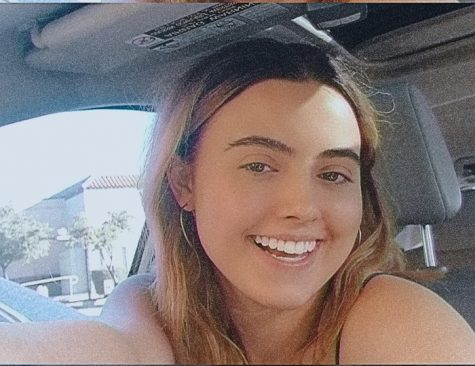
Devyn Marie Rowan is a senior in her second year working for The Ridge Review; she's our Lead Editor. She has a passion for writing in order to connect with those around her. She wants to use...


